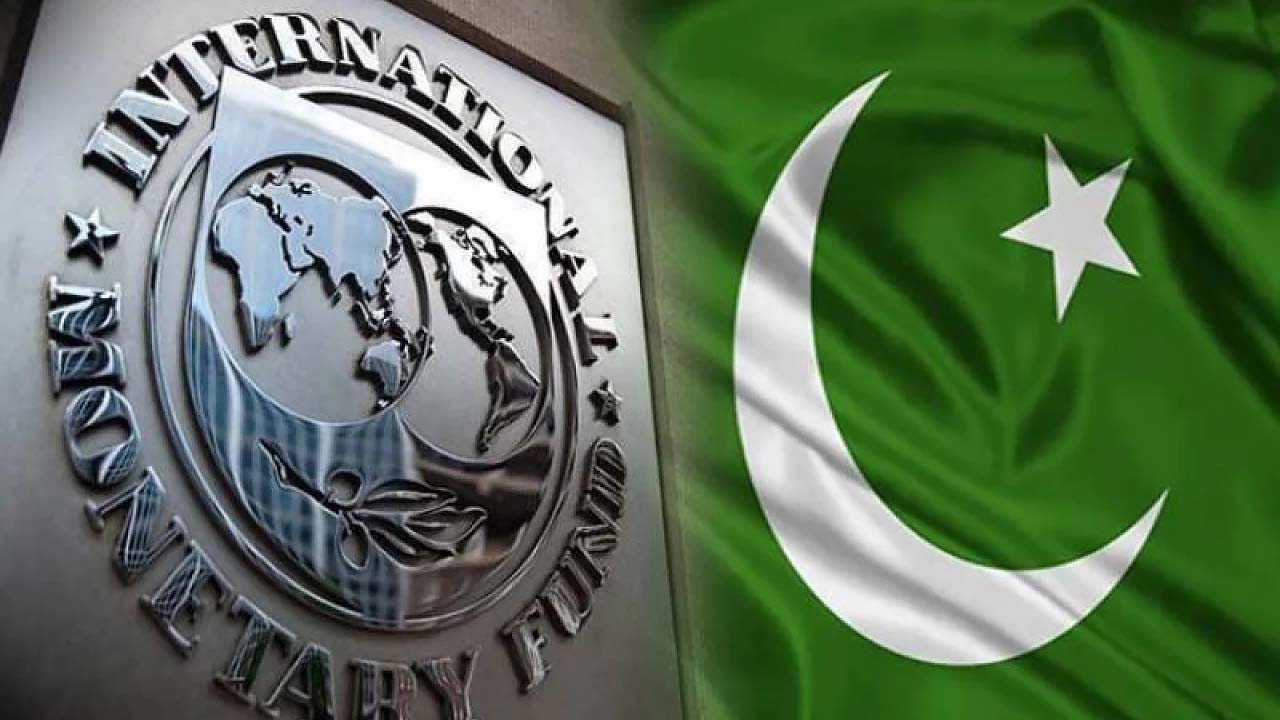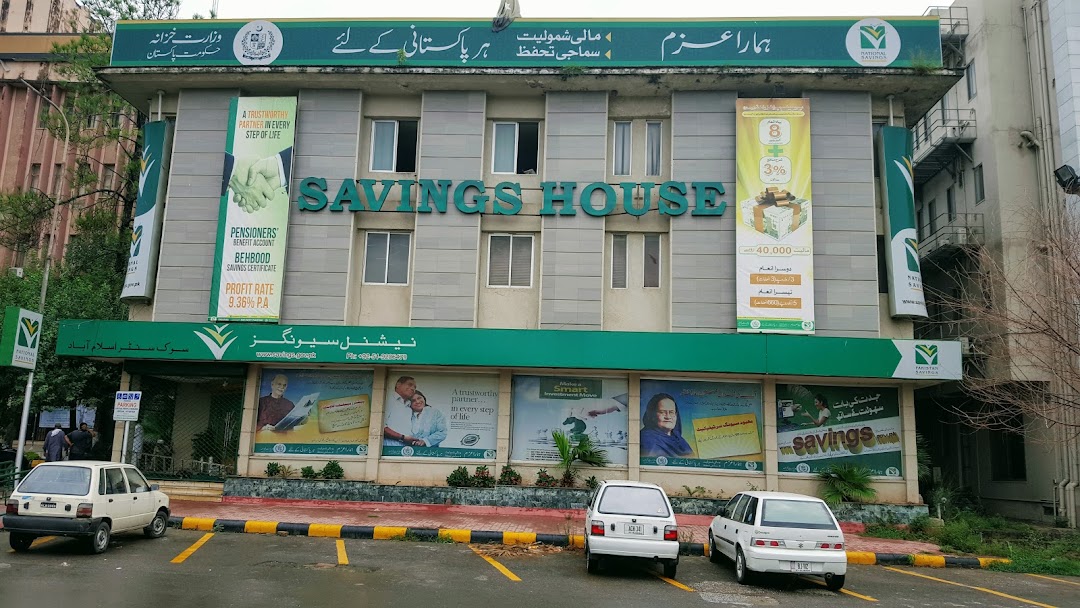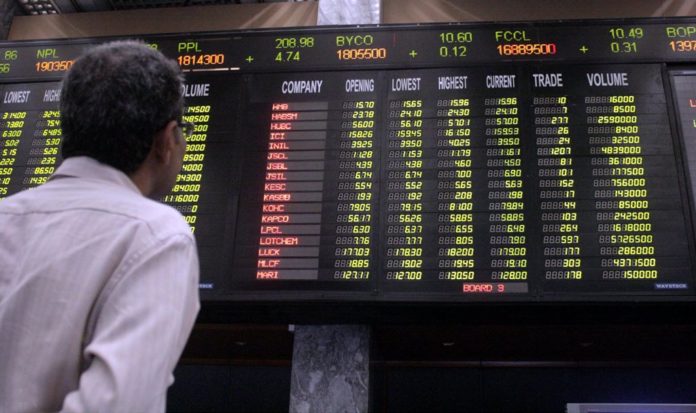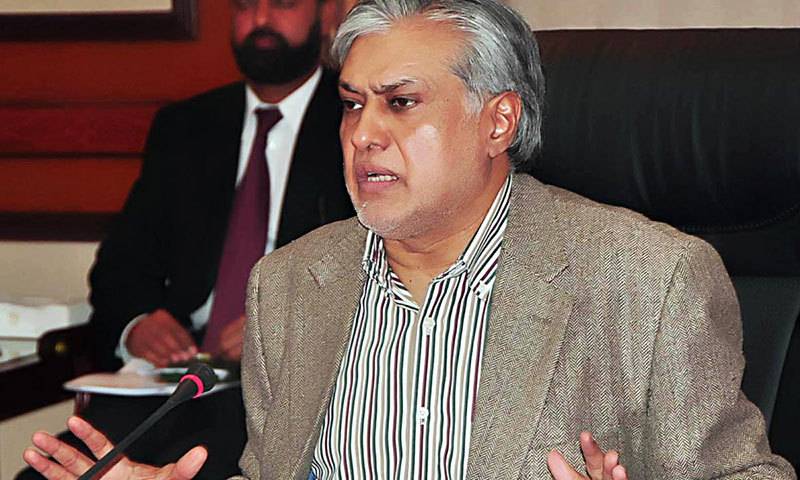Mohsin Siddiqui (Chief Reporter)
The Pakistani federal government has unveiled a series of proposed changes to the Federal Development Program in the forthcoming 2024-25 budget. These changes are primarily driven by conditions set by the International Monetary Fund (IMF). One of the most significant proposals is the elimination of discretionary development scheme funds for members of parliament, a move strongly recommended by the IMF.
In the current fiscal year, due to the upcoming elections, parliament members were allocated development schemes worth 61 billion rupees. These schemes were intended to facilitate various local projects and enhance regional development. The new budget proposal suggests the discontinuation of such discretionary funds, aligning with the IMF’s stringent fiscal requirements.
Sources indicate that, following suggestions from both the IMF and the World Bank, the federal government plans to halt funding for provincial projects. This decision reflects a broader strategy to centralize financial resources and ensure tighter fiscal control. The shift in funding policy is expected to streamline federal expenditures and reduce redundancies in project financing across provinces.
One of the most critical areas to be affected by the proposed budget is the health sector. The development budget for health is set to be reduced from 26 billion rupees to 17 billion rupees. This substantial cut raises concerns about the potential impact on healthcare services and infrastructure development. With less funding, there may be delays in the completion of ongoing health projects and challenges in initiating new ones, potentially affecting the quality of healthcare provided to the public.
The education sector is also facing significant budget cuts. The development budget for education is proposed to be slashed from 83 billion rupees to 32 billion rupees. This drastic reduction could impact various educational initiatives, including the construction of new schools, enhancement of educational facilities, and implementation of educational programs aimed at improving literacy and education standards. The cut in funding may hinder efforts to achieve educational targets and improve the overall quality of education in the country.
Infrastructure development, particularly the construction and maintenance of roads, highways, and motorways, will also see reduced funding. The proposed budget cuts the allocation for these sectors from 245 billion rupees to 173 billion rupees. Such a significant reduction could delay infrastructure projects, affect transportation networks, and impede economic growth driven by improved connectivity. The scaling back of infrastructure spending might also impact employment opportunities in construction and related industries.
These budgetary adjustments reflect the government’s commitment to meeting IMF conditions and securing financial stability. The cuts in funding across various sectors highlight the challenging balance between fiscal responsibility and development needs. The proposed changes underscore the government’s prioritization of macroeconomic stability over localized development initiatives.
The reduction in discretionary funds and sector-specific budgets is likely to have a ripple effect on public services and development projects. Communities that rely on parliament members’ discretionary funds for local projects might experience delays or cancellations of these projects. Similarly, the cuts in health, education, and infrastructure budgets could lead to slower progress in these critical areas, affecting the overall quality of life for citizens.




